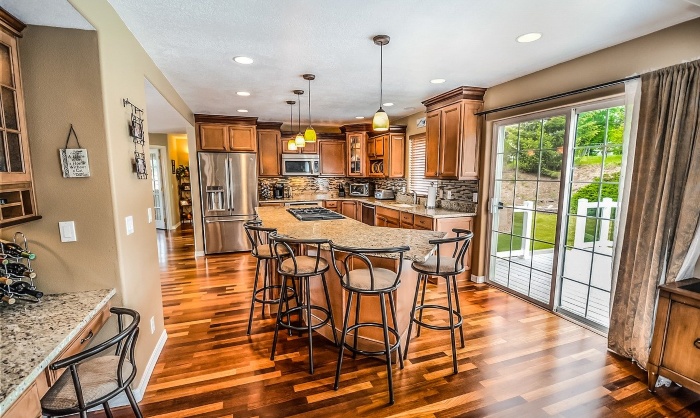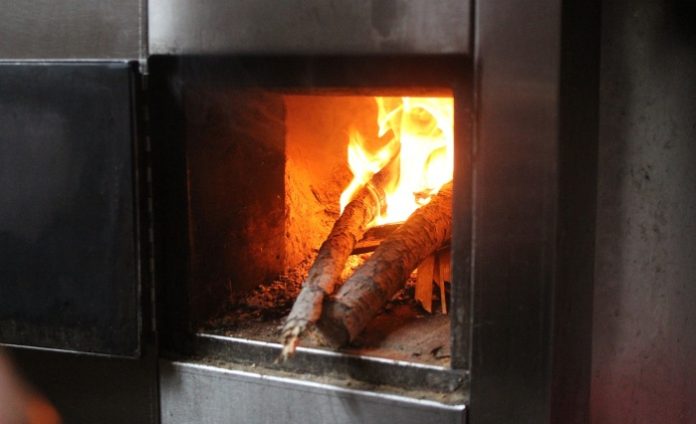Your furnace, just like every else in life, gets old. As it ages, it can struggle to keep up with the demand of keeping your house warm and use more energy than it may have in its youth. The better care you take of your furnace, the more you can prolong its lifespan. Inevitably it won’t last forever, and the last thing you want is for it to stop working mid-winter.
Some tell-tale signs will indict that your furnace is on its way out. If you notice any of these happening with your furnace, it may be time to start looking for an alternative.
1. Turning on and off
If you notice that your furnace keeps turning on and off by itself, it’s an indication that something within the system is not functioning correctly. It may be as simple as a heat sensor that needs a good clean, but often there is a more severe issue. It could be a fan motor that is struggling to keep up, and that’s a more complicated fix.
2. Noises
All furnaces will produce sounds of some sort. Usually, this will be a low hum and nothing too intrusive. If you hear any clicks, rattles, or squeals, it’s a good indication that your poor old boy is having some significant issues. Clicks can indicate a problem with your pilot light and can be very dangerous. If your pilot light is failing to ignite, it will be producing gas that will leak out into your home. Rattles could be loose bolts and squeals worn down bearings. Either way, getting heating professionals who can identify the source of the sounds is essential to do as soon as possible.
3. Increased utility bill
If you notice that your utility bill has jumped, it’s definitely a sign that your furnace is struggling. As furnaces get older, they will exert more energy to produce the same amount of heat. If you use your furnace often, it can wear out quicker. The best way to identify when your furnace is on its last legs is by looking at your energy bill. Make sure to keep your air filter changed, as this can also cause problems for your furnace.
4. Water leaks
Water pooling around the base of your furnace is definitely not right. You’ll need to identify the source of the water to determine the severity of the problem. By nature, any gas furnace will create water as a byproduct, but it shouldn’t be leaking out. All heaters have condensation tubes to collect the water, but it could be clogged or have a break in the line. Those aren’t terribly hard to fix, but if the water has backed up into your furnace or comes in contact with the electrical line, then it could be the end for it.
5. Silence
Just as strange noises could indicate a problem, so can silence. By nature, furnaces will always make noises, so if your heater goes silent, it’s usually not a good thing. Ironically, everyone is always looking for ways to quiet their furnace, but when yours stops making noise, you’ll wish it didn’t.
Regardless of which of these issues you’re facing, it never hurts to get an expert opinion to see if there’s any way you can keep your furnace running. If not, it’s definitely worth an upgrade since newer models will be a lot more energy-efficient and give you peace of mind.
Image by seatoboy from Pixabay
Readers Might Also Like:
 4 Easy Ways to Boost Your Home’s Value
4 Easy Ways to Boost Your Home’s Value
 The Health Benefits of Flaxseed
The Health Benefits of Flaxseed
 How Organic Products Can Help Your Life?
How Organic Products Can Help Your Life?

